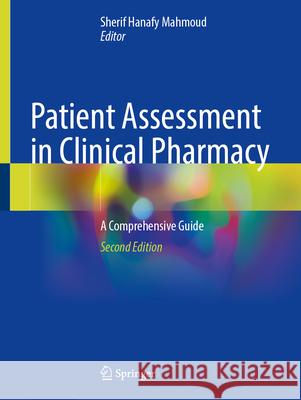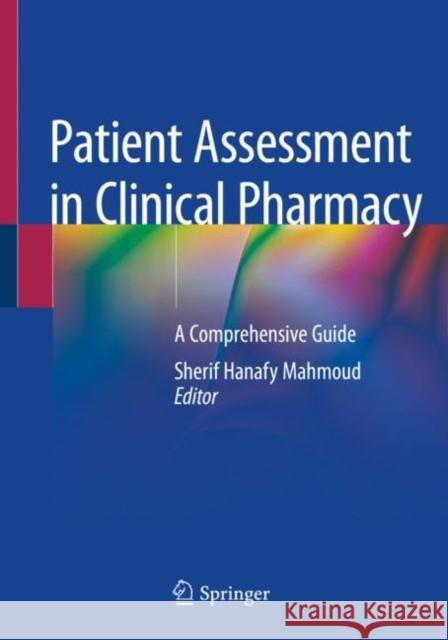topmenu
Wyniki wyszukiwania:
wyszukanych pozycji: 2
 |
Patient Assessment in Clinical Pharmacy: A Comprehensive Guide
ISBN: 9783032100498 / Angielski Termin realizacji zamówienia: ok. 16-18 dni roboczych. |
cena:
606,65 |
 |
Patient Assessment in Clinical Pharmacy: A Comprehensive Guide
ISBN: 9783030117740 / Angielski / Miękka / 2019 / 439 str. Termin realizacji zamówienia: ok. 16-18 dni roboczych. |
cena:
566,20 |










